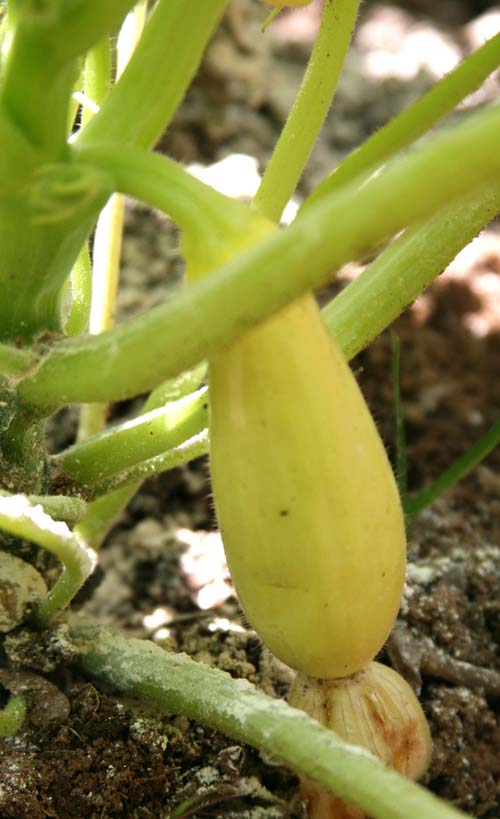Are you buried in vegetables from your overabundant garden harvest? It can happen. University of Georgia experts encourage home gardeners to donate their extra vegetables to the needy.
I was in college when I planted my first garden and I had a taste for zucchini. I planted 50 seeds and ultimately grew 36 fine zucchini plants.
I stir-fried zucchini, baked zucchini casseroles, made chips and baked bread. I sold it at the local coop. I gave a fair share to the neighbors and gave more to the neighbors. Eventually, they stopped coming to the door when I knocked. I put them on tables in front of my house with a sign that read, “Free to a Good Home.” Did you know zucchini makes a fine addition to the compost pile?
Plant a Row
Fortunately, you can do much better with your extra produce today, like donate to the Plant a Row (PAR) Program. Jeff Lowenfels, a garden columnist in Anchorage Alaska, started the program. He asked his readers to plant an extra row of vegetables for Bean’s Café, an Anchorage soup kitchen.
The program was very successful and Jeff introduced it to the Garden Writers Association in 1995. Eventually, they created a foundation to administer and expand the program that has collected more than 20 million pounds of produce to date.
If you are near the Metro Atlanta area, you can easily donate extra veggies as there are a host of donation sites. The Atlanta Community Food Bank’s Community Gardens web site includes a handy locator to help you find a PAR drop-off site. MUST Ministries in Cobb or Cherokee county lists drop-off points on their website, www.mustministries.org.
A list of food pantries by state is also available on the Ample Harvest website at www.ampleharvest.org. Most local communities have a food bank or two or three. Contact your University of Georgia Extension office at 1-800-ASK-UGA1. The county agent will likely know the location of food pantries in your area. Ask around. It isn’t hard to find a place to donate produce.
Call and get instructions first
Contact the food pantry before you show up with your harvest. They may have a preferred delivery date and time. Harvest crops in the early morning on delivery day to take advantage of the cool air. And, dry off any dew.
Inspect each item for bruising, insect damage and ripeness. If you would not serve it to your family, do not give it to the pantry. If it is the sort of veggie or fruit you would put in a stew, don’t give it to the pantry. If the pantry gives you packaging instructions, follow them. If not, put the produce in a supermarket bag.
Bring what you have. If you have a bushel of zucchini and 10 tomatoes, bring it the pantry. Your food will be aggregated with other donations.
You are protected by the Emerson Good Samaritan Food Donation Act that encourages food donation and provides the donor with protection from criminal and civil liability, provided you do not exhibit negligence.
For more information about the PAR program or to see if your community participates, see their website at www.gardenwriters.org.








